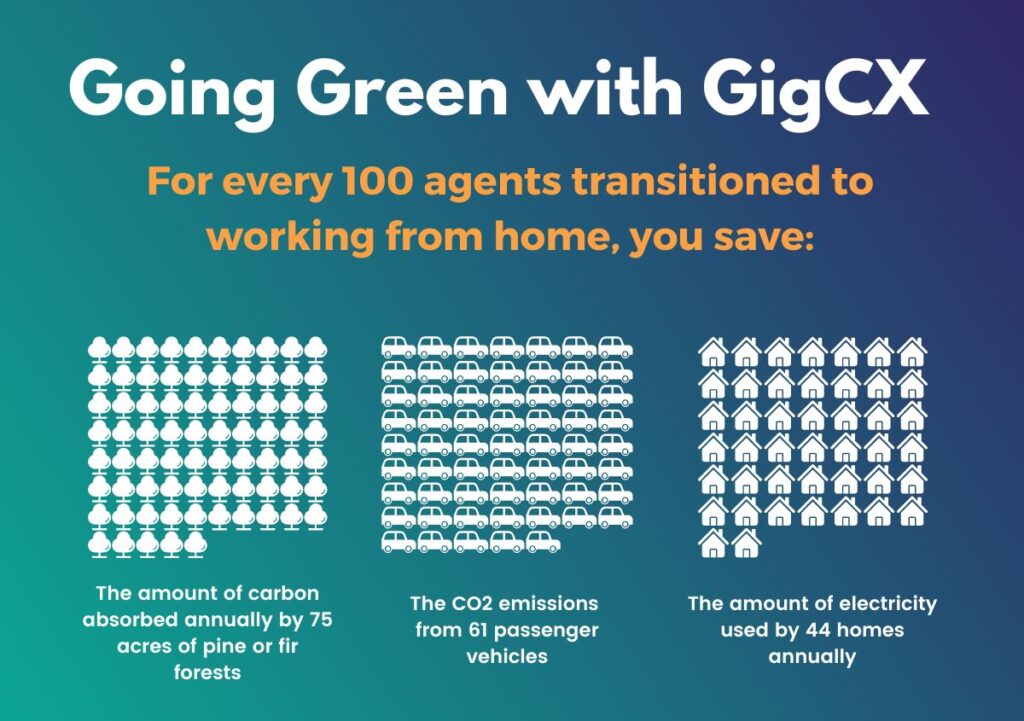Companies are increasingly turning to remote and gig workers to fill customer service roles as a cost-effective and eco-friendly solution. Remote employees provide the same level of service that traditional customer service representatives offer without the need for physical locations, saving companies money while also reducing their carbon footprint. In this blog post, we’ll explore how virtual customer service specialists help companies become more sustainable.

The shift to remote customer service has been made possible by advances in technology such as cloud-based platforms, video conferencing software, and mobile applications. By leveraging these tools, companies are able to connect with customers anywhere in the world without having to invest in brick-and-mortar locations or travel costs. This eliminates associated costs such as rent, utilities, and personnel expenses as well as potential environmental damage from traveling or commuting.
Another way that remote customer service representatives contribute to a company’s sustainability goals is by allowing firms to expand their workforce without expanding their physical presence. Companies can hire employees from different parts of the world and avoid having to open new offices or hire additional support staff for those offices. This reduces emissions from energy use and also eliminates any waste associated with running a physical office space. Additionally, because remote employees may work outside normal business hours, they can provide more flexible customer service hours than traditional customer service teams.
In addition to reducing overall costs and enhancing flexibility, virtual and gig workers are also better equipped to handle large volumes of calls due to their ability to instantly access information about customers from anywhere and easily hop on for extra shifts. Omni Interactions uses surge hours similar to Uber to make sure call volumes are always met. Similarly, if a customer needs assistance outside of regular business hours, a remote agent may be available who is better equipped to handle that support request than an employee who must stay at the office during off-peak times.
Finally, companies that employ remote workers often have access to more diverse talent pools. By doing so, they can recruit staff from all over the world regardless of their background or location — ultimately helping them better serve global markets while avoiding the environmental impacts of international travel for recruitment purposes or onsite training needs.
Overall, remote workers and gig workers are helping businesses become greener by enabling them to reduce overhead costs associated with traditional call centers while expanding their workforce without increasing their carbon footprint. By leveraging digital technologies and embracing virtual agents for customer service roles, companies can not only save money but also do their part for the planet in the process.



